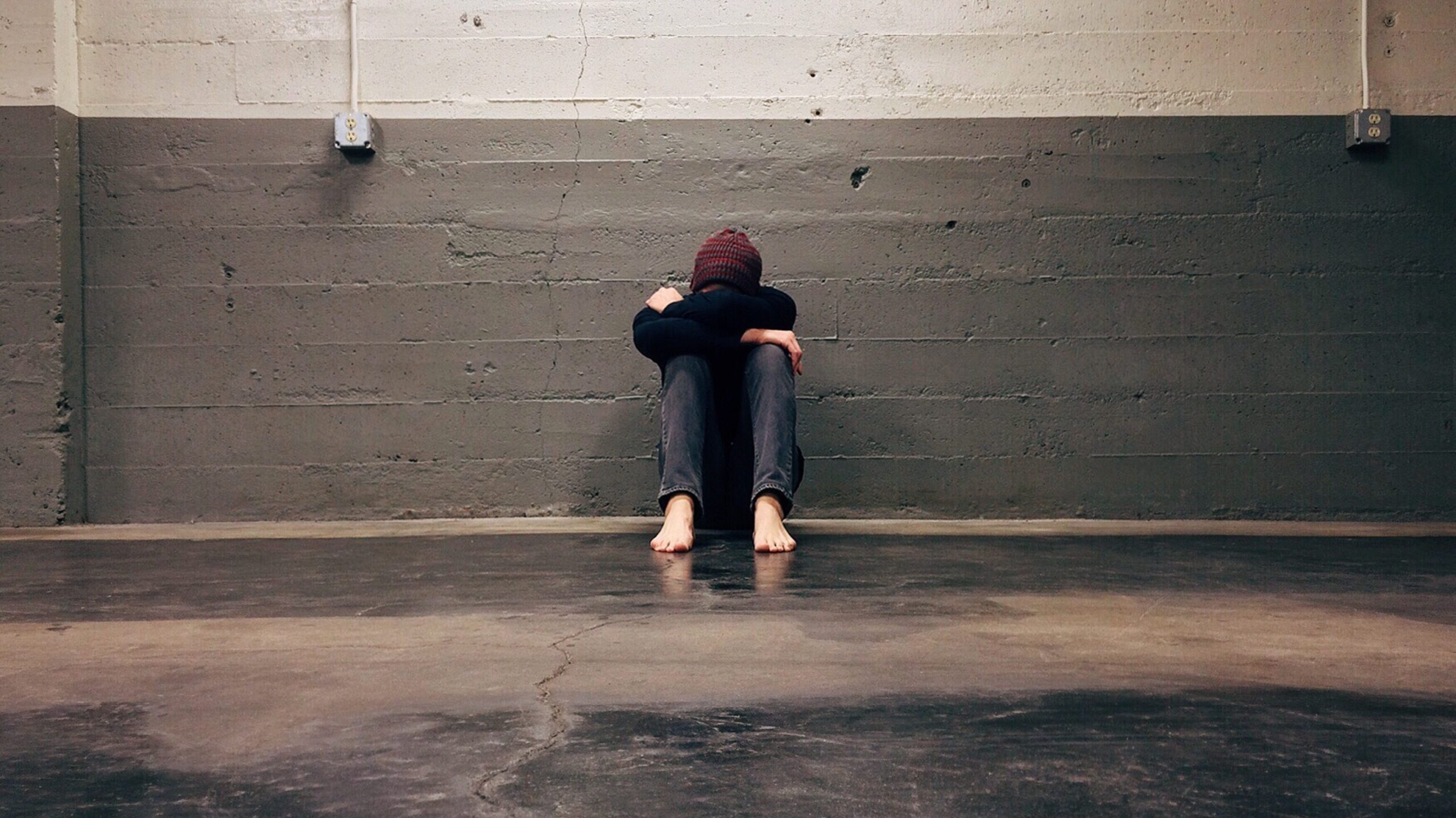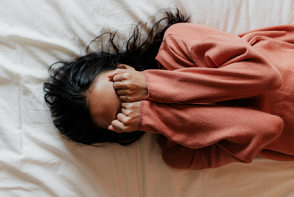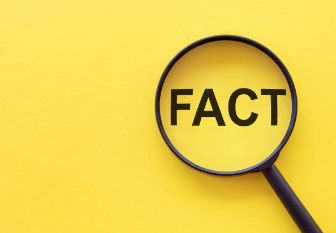
![]() Ginika Oluchi okekehealthcareJune 30, 2023
Ginika Oluchi okekehealthcareJune 30, 2023
What are the main causes of depression and strategies for coping with depression. People usually misuse the word “Depression”. You may have heard people say they are depressed because they are sad, unhappy, or tired.
But does the feeling of sadness, unhappiness, and tiredness equate to depression? There are different notions of what depression is, but the issue is, are those beliefs facts or myths about depression?
Although feelings of grief, unhappiness and tiredness are symptoms of depression, depression goes way beyond feelings; it is more complicated.
Depression can be life-threatening, especially when left untreated. It may result in suicide. Hence, to save lives, it is important to understand the causes of depression, facts and fiction about depression.
Depression is one of the most common mood disorders. It is a mental health condition that negatively affects how one feels, thinks or acts. It is a condition that negatively affects the brain’s chemistry, structure, and function.
It causes a persistent feeling of sadness, hopelessness, and loss of interest. These feelings may last for an extended period and may affect one’s normal day-to-day activities.
Types of depression include:

What are the main causes of depression? Depression is a disorder of the brain that is caused by various factors such as;
Knowing these causes of depression can help to streamline strategies to cope with depression.
To cope with depression, you have to get knowledge about it. this knowledge begins with separating the facts from the fictions to help you better manage it.

Here are some facts everyone should know about depression and depressive disorders.
Fiction #1: The feeling of sadness or grief is the same as Depression.
Fact: All of us at one point or the other in our lives feel sad, especially when we experience a painful situation such as breakups, loss of a job or a dear one, but the feeling fades with time. These negative feelings among the causes of depression; however, depression is a health condition that has more than sadness as a symptom, and these symptoms can last from weeks to months and in some cases, years.
Fiction #2: The impact of Depression is the same for everyone.
Fact: The effects and symptoms of depression in individuals vary depending on the type of depression, the situation, age and gender.
Fiction #3: Experiencing something terrible is one of the only causes of depression.
Fact: Negative thoughts and bad experiences such as divorce, loss of a dear one, and unemployment may be among the causes of depression, but it is not the only cause of depression. You may develop depression if you have a family history of depression. Depression can also be triggered by childbirth, hormonal flux, or side effects of some drugs or substance abuse. You may even develop depression if you have serious health issues like cancer or heart disease.
Fiction #4: Depression and anxiety mean the same thing.
Fact: Both conditions can be connected as both conditions can occur as a reaction to the other. Also, both conditions have similar symptoms, such as lack of sleep disorder, eating disorder and irritability. But these are two different health problems with different causes of depression.
Fiction #5: Depression doesn’t affect physical health.
Fact: People who are depressed are less likely to take care of themselves and their health. Most of them either overeat, are malnourished, don’t get enough sleep, lack interest in any physical exercise, and some don’t even have the will to continue living. These can worsen or increase one’s risk of other physical health conditions such as backache, migraine, heart disease, stroke, diabetes, arthritis and Alzheimer’s disease.
Fiction #6: Depression only affects adults.
Fact: Depression is not an age-related condition. Although most people who have depression are mostly adults, in reality, depression can affect people of any age – children, youths, and the elderly. Children and teens can get depressed due to bullying and peer pressure.
Fiction #7: Depression can go away on its own. All you need to do is just snap out of it and think positively.
Fact: Depression is not simply fluctuations in mood that people regularly experience as a normal part of life. It is not just something that one needs determination to snap out of, and it automatically gets better. Most times, depression may require medical attention. Ignoring the causes of depression or its symptoms with the expectation that it will get better can worsen the condition and result in serious health issues such as drug abuse, alcoholism, sleeping, and eating disorders.
In some cases, depression may lead to suicidal actions. To avoid any complications, it is important to Speak with a Healthcare Professional about your symptoms
Fiction #8: Depression is just a mood swing and not an actual “sickness.”
Fact: Depression is a complicated mental health condition. Factors such as biological, psychological, and social can be causes of depression and can be treated in different ways.
Fiction #9: Only women and people who are Weak Get Depressed
Fact: It may seem that the only people who suffer from depression are women, but in reality, a lot of men also get depressed. The problem is that most men feel uncomfortable or find it difficult to talk about how they feel because that may be erroneously perceived as a sign of weakness. But, this is simply not true.
The causes of depression is unrelated to gender, age, financial status or living situation. Nobody is immune to depression. So, anyone – both men and women can become depressed.
Fiction #10: There is No Cure for Depression. You will have to be on antidepressants for life. Fact: One of the long-term treatment options for people with depression is the use of antidepressants. It is a fact that you may need to continue treating depression for the rest of your life if you are suffering from a severe recurrent depressive disorder. That notwithstanding, there are lots of cases where depression has been successfully treated with medication and therapy.
Sadness and grief tend to fade with time, but depression lasts for weeks, months, or even years. Depression is a severe mental health condition that many people have a lot of different misconceptions about. But knowing the causes of depression, recognising the symptoms and knowing when to Get Help is very important. It is important not to ignore it or see it as a normal situation; therefore, if you have been feeling blue for a while, it may be helpful for you to Speak with a Doctor today.
Telemedicine plays a crucial role in reaching a population of individuals with depression. Depression affects a large portion of adults annually due to socioeconomic or genetic factors. Telemedicine is a platform that involves the use of telecommunications and information technology to provide access to consultation, intervention, and the exchange of digital information. Digital communication includes audio and video conferencing equipment.
Telemedicine provides you with access to a distant healthcare professional, like a psychologist, psychiatrist, or therapist. Telemedicine reduces the degree to which your time, energy, and transportation costs are spent. From the comfort of your home or office, consult a doctor.
1.What is one of the causes of depression?
Major depressive disorder (MDD) triggers are multifaceted. Major causes of depression can be attributed to factors like genetic, biological, environmental, and psychosocial factors. In the early years of MDD diagnosis, it was believed to be caused by the inadequate functioning of serotonin, dopamine, and norepinephrine.
2. What is the first step toward coping with depression?
The initial step towards coping with depression is to speak out for help. Communicate with someone whom you can trust and who will support you through what you are experiencing. Dealing with depression on your own can exacerbate the symptoms, so it’s better to reach out for help. The awareness of having support from others will give you the courage to deal with the symptoms and take all the necessary treatment.
3. What is the main form of depression?
The main form of depression is called clinical depression, depression, or unipolar depression. The symptoms are a constant feeling of sadness and a loss of interest in things you care about so much.
4. What causes depression in the brain?
The monoamine-deficiency theory posits that the underlying pathophysiological basis of depression is a depletion of the neurotransmitters serotonin, norepinephrine or dopamine in the central nervous system.
5. Is depression caused by a mental illness?
In some cases, major illnesses can become the main causes of depression, like when someone is disowned by their family or socially segregated due to mental illness. Depression can occur in conjunction with serious illnesses, such as cancer or coronary heart disease.
6. How do people usually cope with depression?
There is no particular way to cope with depression; however, ensuring to find a better way to relax, energize, and find balance will help you cope with whatever you are feeling. You can also try and find out the major causes of depression, to enable you deal with it better.
You can practice the things listed below to help you cope with depression:
7. What are the 5 R’s of depression?
When you understand what are the causes of depression then you know how to apply the 5 R’s of depression:
8. What are 5 facts about depression?
Facts about depression are that:
9. What are the 5 levels of depression?
Here are the five levels of depression:
10. What hormones cause depression?
Hormonal imbalances can be one of the causes of depression in a person, for instance, through a decrease in estrogen and progesterone or an increase in progesterone through a progesterone-only contraceptive. Even low testosterone can trigger clinical depression.
Bains, N., & Abdijadid, S. (2023). Major depressive disorder.
Beyond Blue. (2022). Types of depression.
Hasler, G. (2019). Pathophysiology of depression: Do we have any solid evidence of interest to clinicians?
Okeke, G. O. (2023). How to deal with depression during pregnancy.
Sissons, B. (2022). Can hormonal imbalances cause depression?
Tee-Melegrito, R. A. (2022). What to know about stages of depression.
World Health Organisation. (2023). Depressive disorder (depression).
healthcareFebruary 27, 2025
healthcareAugust 20, 2025









Pingback: What To Know About Teens Health - KompleteCare Blog